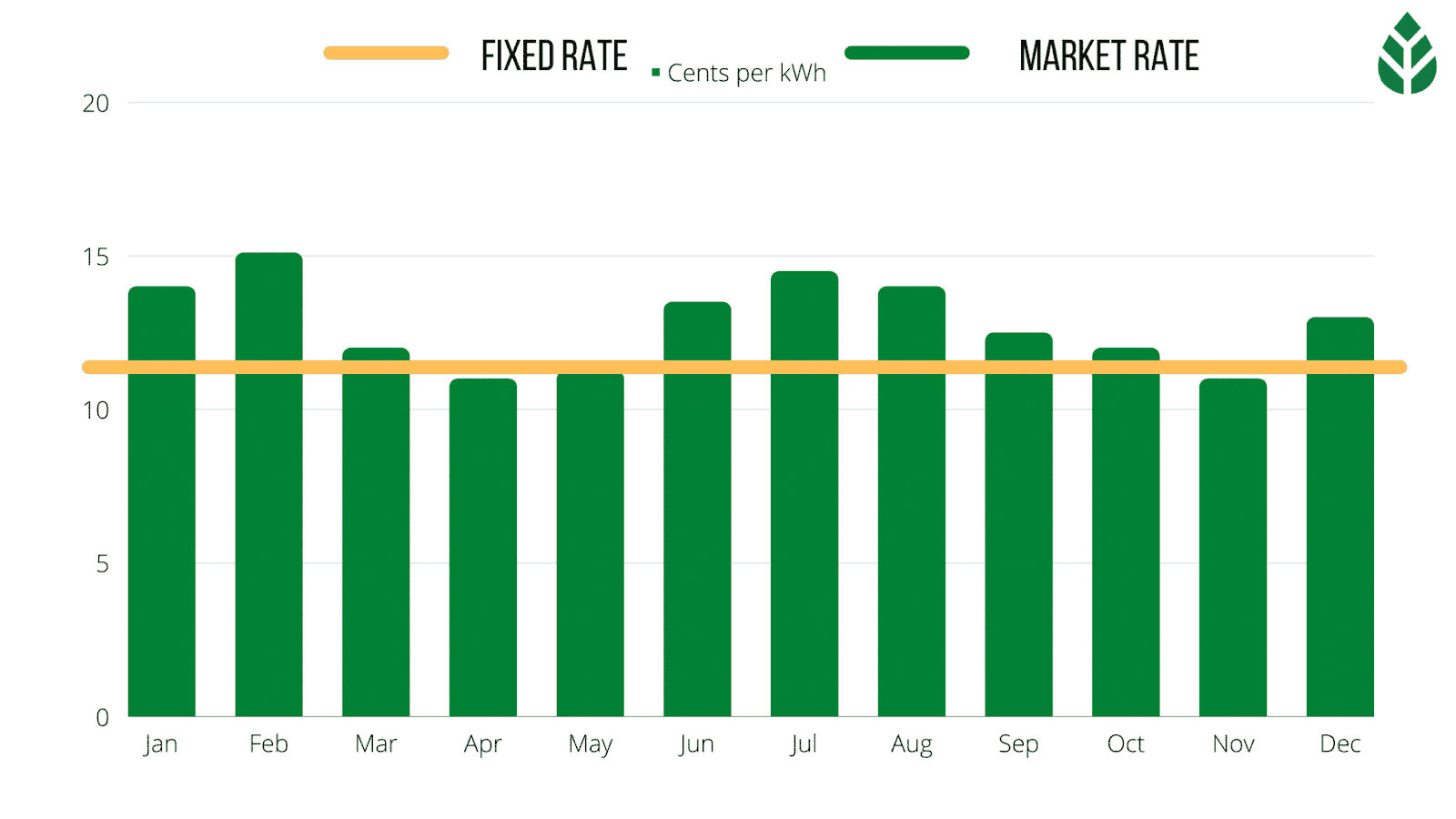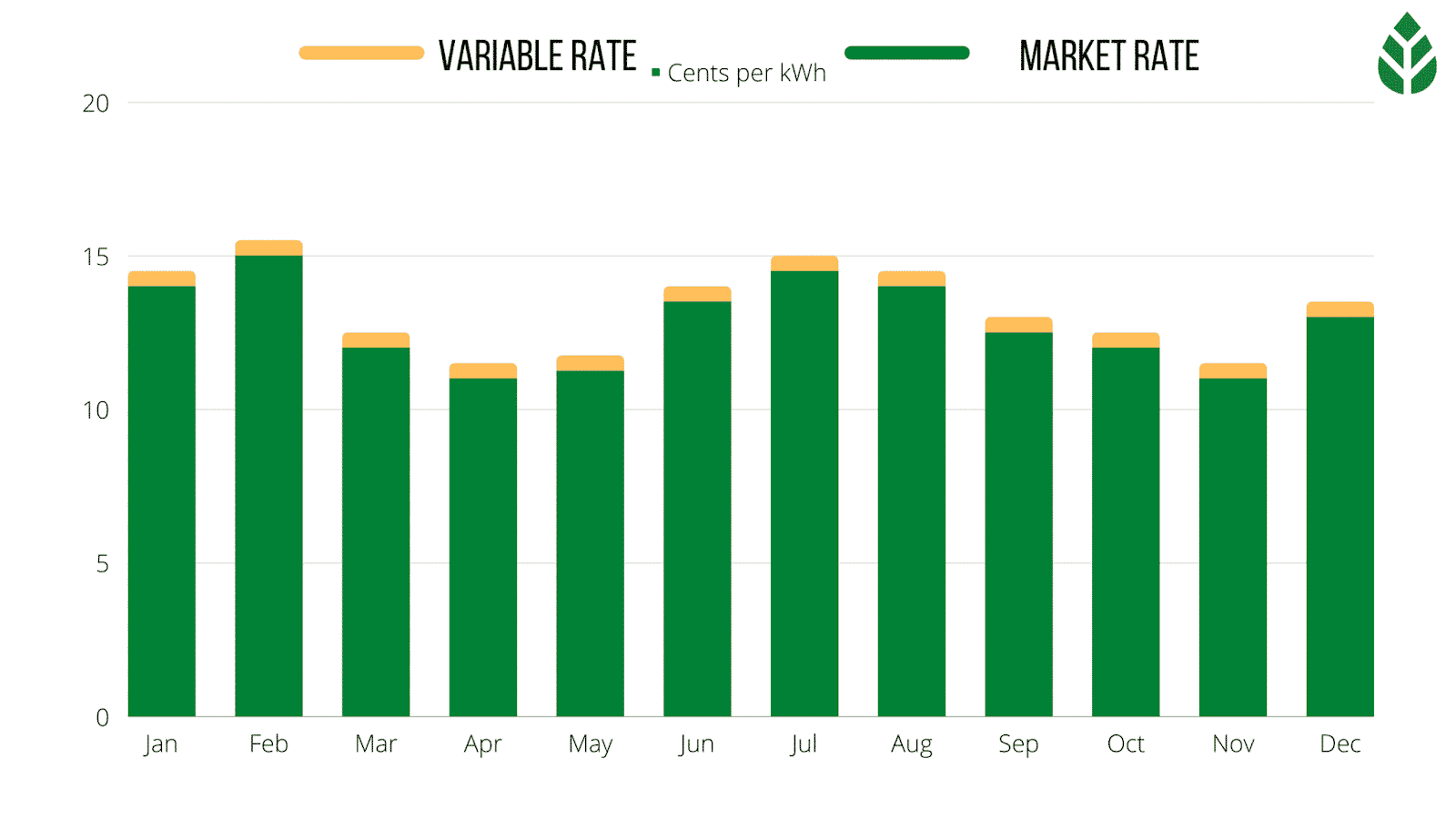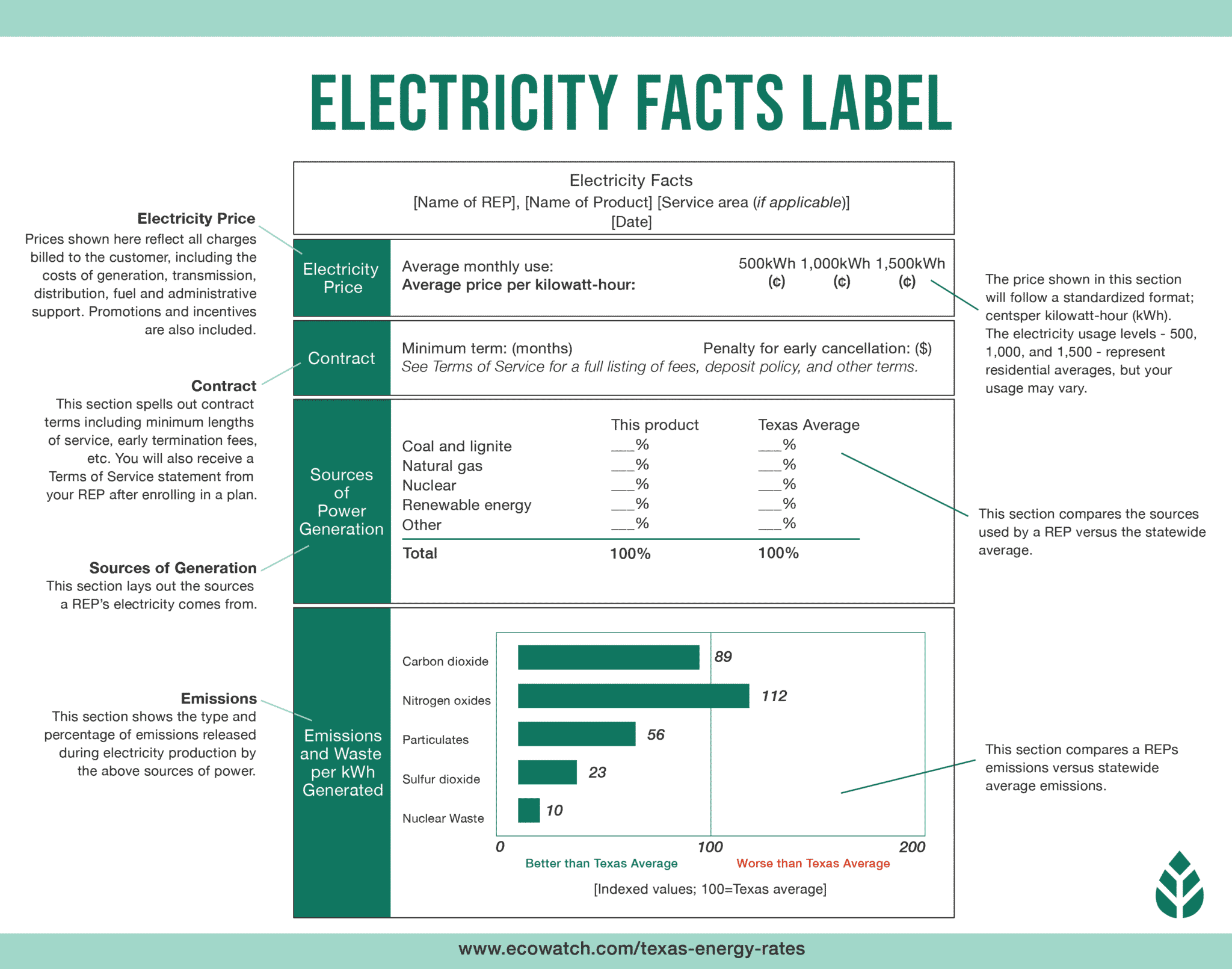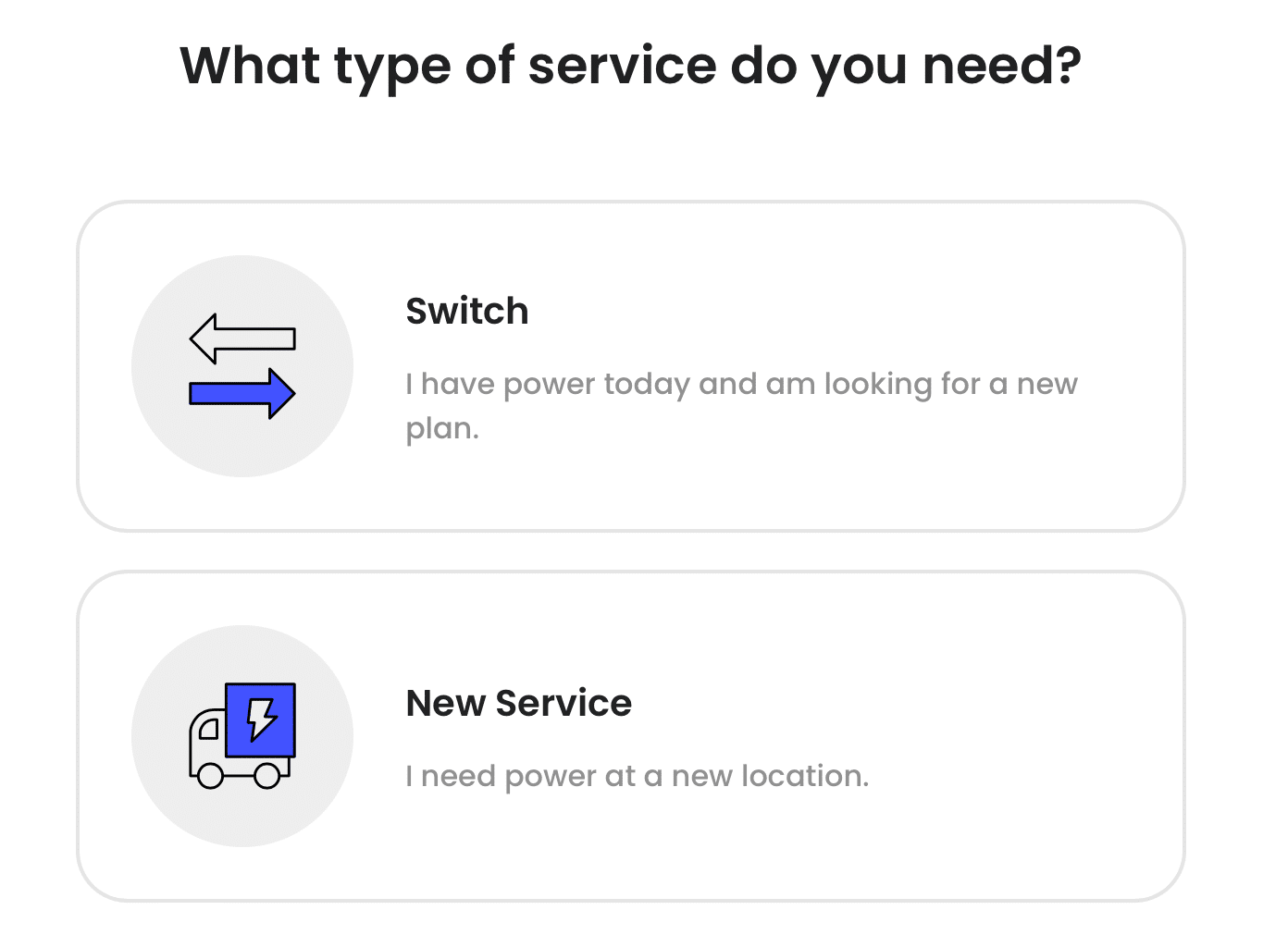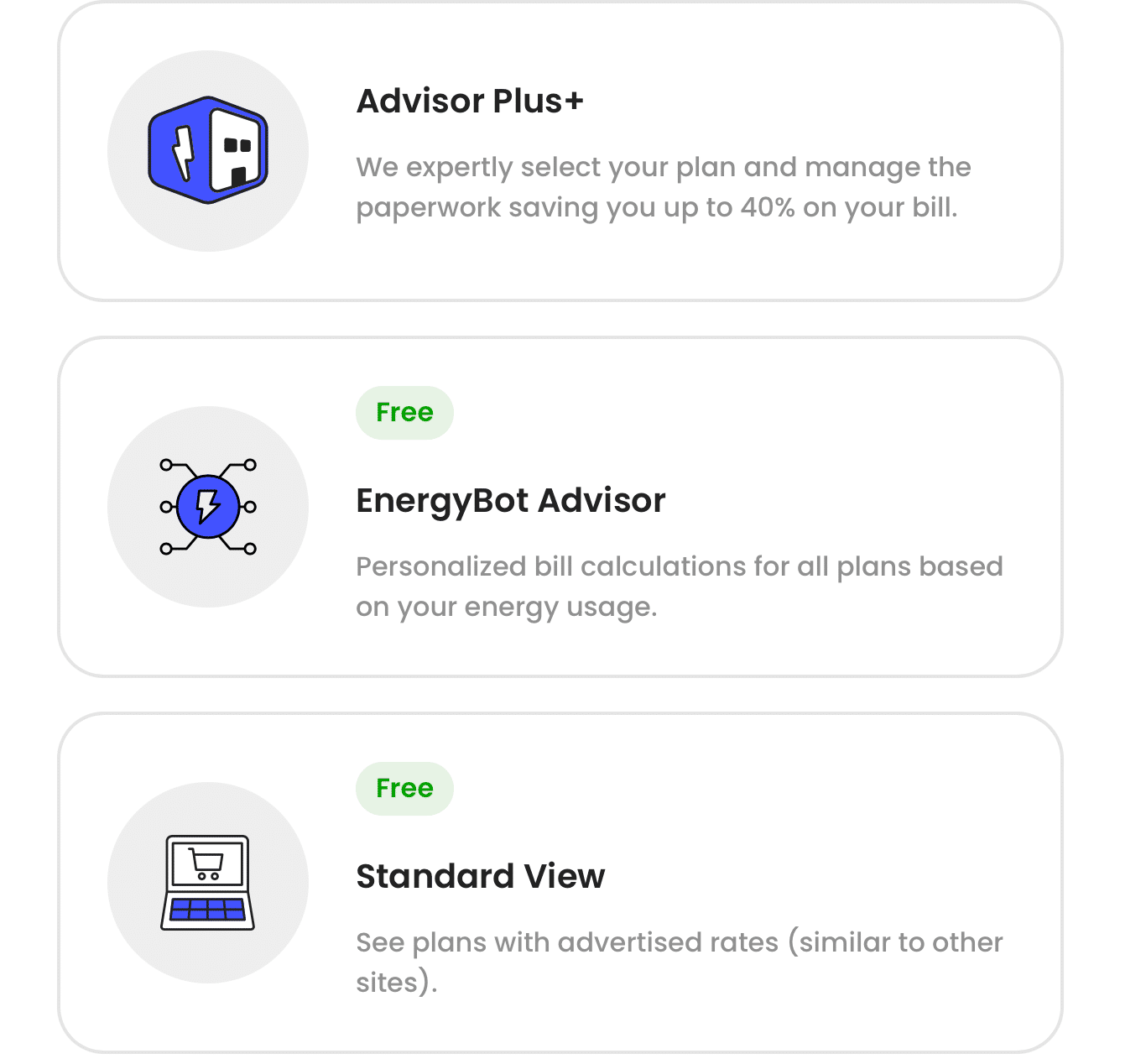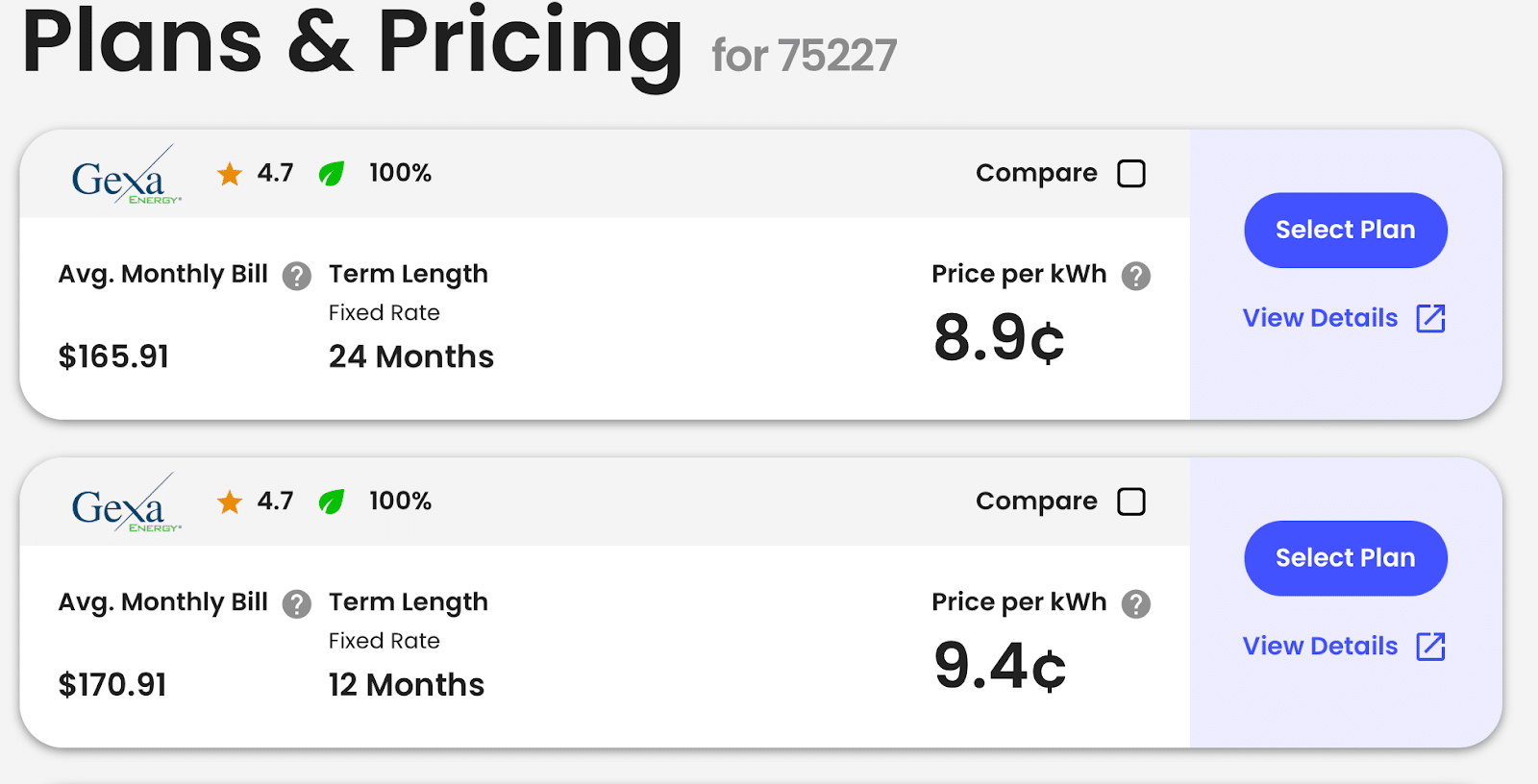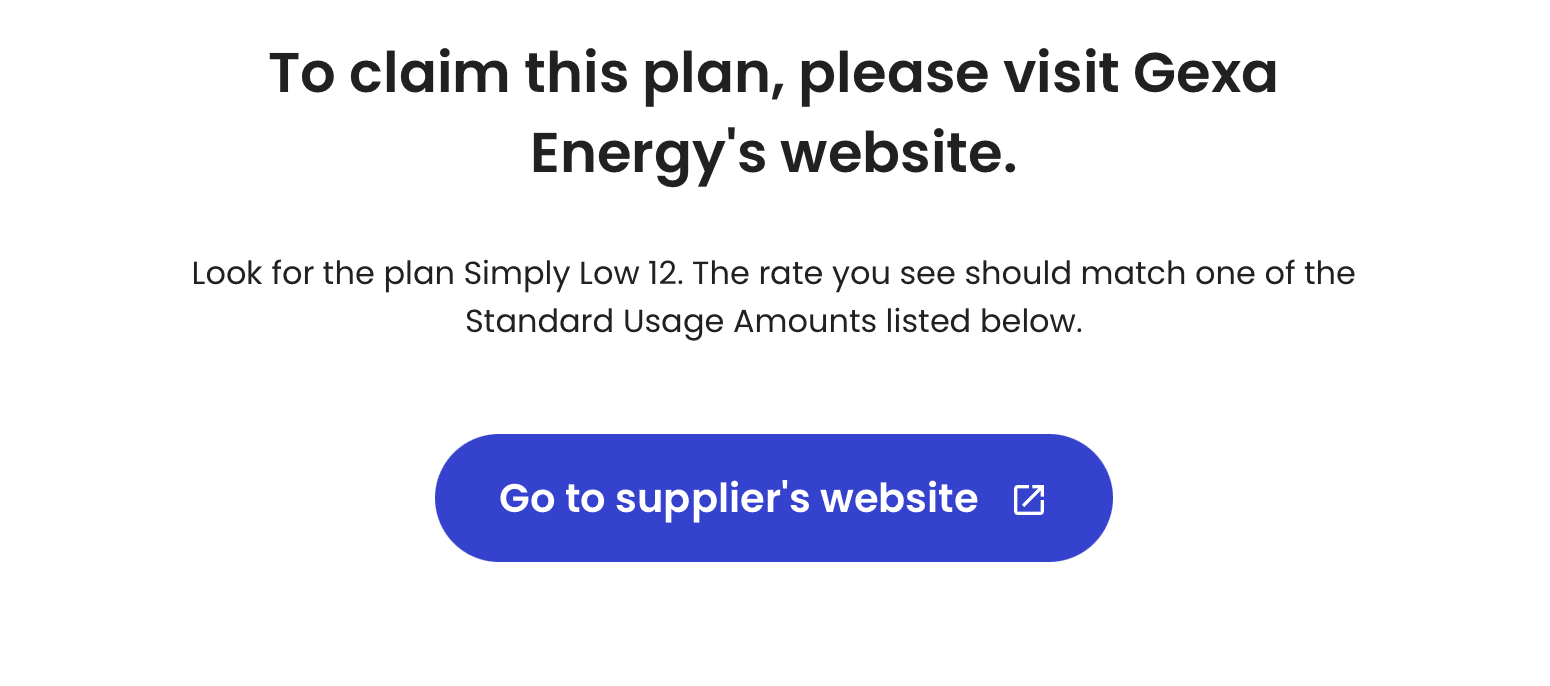

Dallas Electricity Rates and Plans (April 2024)
- Current average electricity rate: 14.58 cents per kWh
- Average monthly electric bill: $162.17, based on an average usage of 1,178 kWh
Each product and or company featured here has been independently selected by the writer. You can learn more about our review methodology here. If you make a purchase using the links included, we may earn commission.
Here at EcoWatch, we strive for a more sustainable planet and encourage our readers to do their part when feasible. As such, we’ve chosen to highlight some of the best electric companies in Dallas that offer 100% renewable energy. The cheapest electricity plan in Dallas is “Gexa Eco Saver Plus 12” from Gexa Energy, which has per-kWh rates of just 11.3 cents. The chart below shows renewable energy plans and prices available throughout the Dallas area.
PROVIDER |
PLAN NAME |
LENGTH (months) |
RATE (¢/kWh) (1,000 kWh plans)* |
|
Gexa Energy |
Gexa Eco Saver Plus 12 |
11.3 |
12 |
|
Gexa Energy |
Eco Saver Plus 24 |
11.3 |
24 |
|
Green Mountain Energy |
Pollution Free e-Plus 24 Preferred |
15.8 |
24 |
|
Rhythm Energy |
Clear Choice 36 |
15.8 |
36 |
|
Rhythm Energy |
Clear Choice 12 |
16.1 |
12 |
|
Rhythm Energy |
Clear Choice 24 |
16.1 |
24 |
|
TriEagle Energy |
Green Eagle 36 |
16.2 |
36 |
|
TriEagle Energy |
Green Eagle 24 |
16.2 |
24 |
|
TriEagle Energy |
Green Eagle 12 |
16.8 |
12 |
|
Gexa Energy |
Saver Freedom 36 |
17.1 |
36 |
|
Flagship Power |
Windsurfer 24 |
17.9 |
24 |
|
Flagship Power |
Windsurfer 12 |
17.9 |
12 |
|
TXU Energy |
Free Nights and Solar Days 12 |
18.5 |
12 |
|
TXU Energy |
Free Nights and Solar Days 24 |
18.6 |
24 |
|
Gexa Energy |
Eco Saver Advantage 12 |
19.0 |
12 |
|
Gexa Energy |
Eco Saver Lite 12 |
19.5 |
12 |
|
Gexa Energy |
Eco Saver Premium 12 |
20.2 |
12 |
|
Gexa Energy |
Eco Saver Premium 24 |
20.2 |
24 |
|
Gexa Energy |
Solar Buyback Saver 12+ |
23.5 |
12 |
*Rates will vary based on your TDU. You’ll see the above rates if your TDU is CenterPoint Energy. These rates include the utility’s current charge of $0.04 cents per kWh. Rates are according to Texas’ Public Utilities Commission and are subject to change.1
On average, a non-renewable plan might cost around 1 cent per kWh less than a clean energy plan. If you use 1,000 kWh per month, that will be about a $10 difference. If you’re outside of Dallas, you can check out this page for electricity rates around Texas.
How to Choose the Best Electricity Plan in Dallas
When searching for the best electricity rates in Dallas, keep in mind that rates and the average cost of electricity can vary based on numerous factors, so you may be given a different electric rate than that of your neighbors. Here are a few things to consider:
Types of Electricity Plans in Dallas
When choosing an energy provider in Dallas, you’ll be presented with a few plan options. Here’s an overview of the types of electric plans offered in Dallas, as well as their pros and cons, so you can pick which plan works best for you.
PLAN TYPE |
PROS |
CONS |
|
Fixed-Rate Energy Plans |
|
|
|
Variable-Rate Energy Plans |
If the price of energy drops, there may be some months where a variable-rate electric customer will be paying less per kWh than someone on a fixed-rate plan. |
Variable rates can be very risky given the extreme weather or other factors that can suddenly — and drastically — increase the price of electricity. |
|
Green Energy Plans |
|
|
Fixed-Rate vs Variable-Rate Plans
Just as it sounds, a fixed-rate plan allows you to secure a rate that will stay the same throughout the entire duration of your contract. Note that “fixed rate” does not mean that your electric bill will be exactly the same every month. Instead, it means the rate you pay per kilowatt-hour (kWh) of electricity won’t change. So, your bills will still be higher during months you use more electricity.
If you prefer paying month-to-month instead of being locked into a length-based contract, you may consider a variable-rate electric plan. Variable rate means — you guessed it — the price you pay is based on variables in the energy market. The price per kWh will increase or decrease depending on supply and demand. We saw the biggest risk of the variable-rate plan during the winter storm of February 2021, when millions were in the dark due to a massive power outage. Texans who kept their lights on paid the price, with at least one customer facing an electric bill over $16,700.2 Texas power companies were reportedly overcharged $16 billion dollars by the electric grid operator.
Green Energy Plans
Green energy plans are those that supply electricity from renewable energy sources. That’s going to be primarily wind and solar energy in Texas.7
Some REPs may have Green-e Verification or a similar certification to ensure that the electricity is responsibly generated, transmitted and distributed. Non-green energy plans, at least in Texas, rarely meet 25% of their total energy from renewable sources.3 Most green energy REPs will still offer variable- and fixed-rate plan options; the main difference is where their energy comes from.
Your Energy Usage
The amount of electricity your household consumes may affect the rate you pay per kWh. Most REPs offer tiered plans based on average energy usage. Tiered-rate energy plans are often called “V-shaped plans” because the rates are more expensive for people who use the least and most amounts of energy and are lowest for those in the middle.
For example, in a typical tiered plan, customers who use around 500 kWh or 2,000 kWh per month will pay more than those who use around 1,000 kWh per month. According to Oncor, the average customer uses 1,300 kWh per month.4
Contract Length
The length of the contract will also play a factor in the cost of your electricity. As with most things, the longer you commit to one provider, the better deal you’ll get. We’ll discuss the different types of electricity plans in the next section.
A word of caution: Read the fine print and ask questions before you sign. Many contracts come with startup fees as well as cancellation fees for early termination. And while some Dallas electricity providers advertise a $10 cancellation fee, the fine print may read that it’s really $10 per month left on the contract.
Electricity Facts Label
When shopping for energy, always ask for a provider’s Electricity Facts Label (EFL). Similar to a nutrition label you see on your favorite snacks, an EFL will give you all of the information about a company’s electricity prices, contract lengths and terms, sources of generation, and emission levels.5Here’s an example of what that’ll look like:
Understanding Deregulated Energy in Dallas
Dallas has had a deregulated energy market since 2002, allowing residents to shop for their own electricity providers.6 There are over 100 different energy companies — and more still popping up — competing for your business. Looking at energy rates and plans can help you narrow down your choices.
The city’s retail electricity providers (REPs) offer plans that vary in price, contract terms, quality and environmental impact. On top of paying your REP, you’ll be charged an additional fee from your transmission and delivery utility company (TDU) to cover the cost of delivering electricity, meter reading, wiring and more.
If you live in or near the Dallas-Fort Worth metropolitan area, your TDU is likely Oncor.7 Oncor’s current rates are about $0.045 per kWh of power usage, plus a monthly charge of $4.23. You’ll pay these charges no matter what energy plan or provider you choose, and they’ll be baked into the monthly bill from your provider.
What’s the Difference Between Utility Companies and Electricity Provider Companies in Dallas?
It’s easy to get mixed up when it comes to utility companies and electricity providers, but it’s important to understand the difference, especially in Texas, where the energy market is deregulated.
A utility company or electricity producer is a company that generates energy, whether that’s from burning natural resources like coal, generating nuclear power or using solar or wind farms to produce renewable energy. These utility companies produce the power and maintain delivery systems like power lines, but they don’t deliver the electricity to customers. Instead, they charge a fee per kWh to electricity providers, who act as the intermediaries between the utility companies and the retail customers.
Electricity providers don’t generate energy. Instead, they sign contracts with production companies and then charge retail customers a fee per kWh above what they pay the utility companies. The electricity providers handle marketing, billing and processing, and they compete with one another to bring down costs and offer customers options.
You can shop for your own electricity provider, but your utility company is fixed and can’t be changed.
Best Electric Companies in Dallas

Constellation Energy

Nationwide Service
Average cost
Pros
- Many years of experience
- Great industry reputation
- Award-winning company
- No.1 producer of carbon-free energy in the U.S.
- Makes charitable contributions
Cons
- Charges contract cancellation fees
- No prepaid or no-deposit plans
| PLAN NAME |
CONTRACT LENGTH (MONTHS) |
AVG PLAN RATE (¢/KWH) |
| Constellation Tiered Rate |
12 |
12.9 |
| Constellation Fixed Rate + Bill Credit + A/C Protect Plus |
36 |
14.0 |
| Constellation Fixed Rate + Bill Credit |
12 |
14.0 |
| Constellation Green Fixed Rate + Bill Credit |
12 |
14.5 |
| Constellation Fixed Rate + Bill Credit + A/C Protect Premier |
36 |
15.0 |
Constellation has been around since 1995, so it has decades of experience and tons of success stories under its belt. Although its customer ratings are lackluster, it has maintained an A+ rating with the Better Business Bureau (BBB), and it has won awards for its sustainability, including ranking 9th on Barron’s List of the most sustainable companies in the country.
Most importantly, in our opinion, Constellation focuses its efforts on providing renewable energy to its customers. It is the top producer of carbon-neutral electricity in the U.S., responsible for around 10% total, and it offers numerous 100% renewable energy plans. It also offers the opportunity for customers to bundle solar conversion with their energy plan through SunRun.
We recommend the Fixed Rate + Bill Credit + A/C Protect plan, as it has a fixed low rate (unlike the Tiered Rate plan), and it includes perks, like protection for your air conditioner and a credit to your bill when you use a specific amount of electricity per month.
Facts and Figures: Constellation Energy
| EcoWatch Rating |
|---|
| Better Business Bureau (BBB) Rating |
| Average Cost ($-$$$$$) |
| Solar Services |
| 5 |
| A+ |
| $$$$ |
| 100% Renewable Energy Plans, Fixed-Rate Plans, Variable-Rate Plans, Home Solar |

Gexa Energy
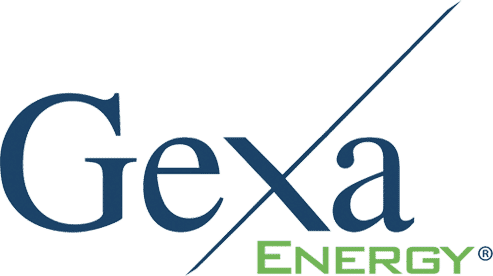
Statewide Service
Average cost
Pros
- Many years of experience
- Great industry reputation
- Makes charitable contributions
- Low rates
- Wide variety of contract term options
Cons
- Charges contract cancellation fees
- No prepaid or no-deposit plans
- Slightly high number of complaints versus competitors
| PLAN NAME |
CONTRACT LENGTH (MONTHS) |
AVG PLAN RATE (¢/KWH) |
| Gexa SavEV 24 |
24 |
12.9 |
| Gexa EV Plan |
12 |
13.9 |
| Gexa EV 24 |
24 |
14.8 |
| Gexa Solar Buyback 12+ |
12 |
21.4 |
Gexa Energy is another powerhouse in the Texas electricity market. It was founded in 2002, and although it has a poor BBB rating, the customer rating is outstanding, at 4.48 out of 5. Customers overall seem to be very pleased with the service and transparency they get from Gexa. It’s clear that the company stands apart from the competition largely because of its stellar customer service.
The company has a handful of 100% renewable energy plans, which is great to see. We’d recommend one of the EV Plans, which offers EV charging using entirely clean energy. If you’re looking to go solar and reduce your electric bill at the same time, the Solar Buyback 12+ plan is an outstanding option that could reduce your upfront and long-term solar installation costs.
Facts and Figures: Gexa Energy
| EcoWatch Rating |
|---|
| Better Business Bureau (BBB) Rating |
| Average Cost ($-$$$$$) |
| Solar Services |
| 4.5 |
| A+ |
| $ |
| 100% Renewable Energy Plans, Fixed-Rate Plans, Variable-Rate Plans, Business Energy Plans |

Green Mountain Energy

Nationwide Service
Average cost
Pros
- Green-e certified plans
- Wide variety of contract term options
- Low number of customer complaints
- Many years of experience
- Makes charitable contributions
Cons
- Charges contract cancellation fees
- No prepaid or no-deposit plans
- No satisfaction guarantee
| PLAN NAME |
CONTRACT LENGTH (MONTHS) |
AVG PLAN RATE (¢/KWH) |
| Green Mountain Pollution Free e-Plus 36 |
36 |
14.9 |
| Green Mountain Pollution Free e-Plus 24 |
24 |
15.5 |
| Green Mountain Renewable Rewards Solar Credit 12 |
12 |
15.6 |
| Green Mountain Go Local Solar 18 |
18 |
15.9 |
Green Mountain Energy provides access to exclusively 100% renewable energy plans, some of which include additional perks like added credits for excess solar production and free renewable energy through the night. The company also uses some of its solar plans to fund solar projects for future clean electricity production, so it’s clear that Green Mountain cares about the environment, which we love to see.
Green Mountain has over 20 years of experience, as well as an A+ rating with the BBB. The customer review ratings aren’t terribly impressive, but overall, the customer service appears to be excellent.
Facts and Figures: Green Mountain Energy
| EcoWatch Rating |
|---|
| Better Business Bureau (BBB) Rating |
| Average Cost ($-$$$$$) |
| Solar Services |
| 4.5 |
| A+ |
| $$$ |
| 100% Renewable Energy Plans, Fixed-Rate Plans, Variable-Rate Plans, Home Solar, Month-to-Month Plans |

Reliant Energy
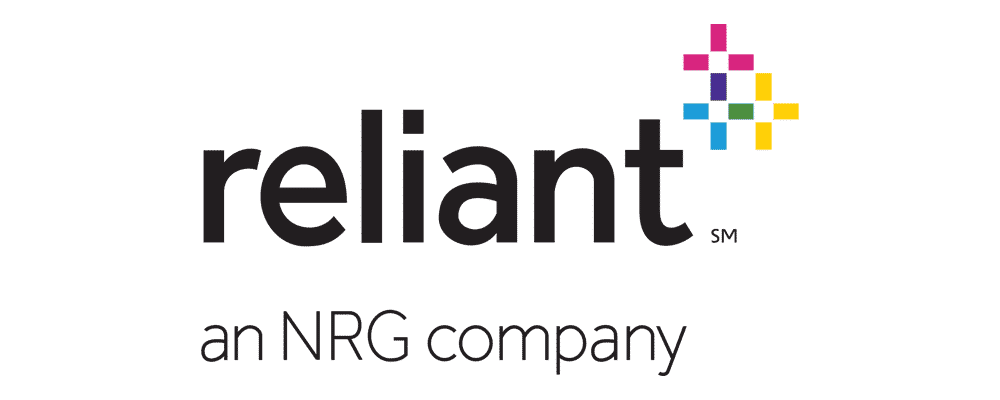
Statewide Service
Average cost
Pros
- Low number of customer complaints
- Makes charitable contributions
- Award-winning company
- Wide variety of plan options
- Many years of experience
Cons
- No satisfaction guarantee
- Charges contract cancellation fees
| PLAN NAME |
CONTRACT LENGTH (MONTHS) |
AVG PLAN RATE (¢/KWH) |
| Reliant Truly Free Weekends 100% Solar 12 Plan |
12 |
17.5 |
| Reliant Truly Free Nights 100% Solar 12 Plan |
12 |
17.9 |
| Reliant Flextra Credits 12 Plan |
12 |
17.9 |
Reliant Energy is another provider in the Dallas-Fort-Worth area that has over two decades of experience behind it. The company isn’t BBB-accredited, but the customer review ratings are higher than many competitors, indicating a relatively low complaint rate. It has won several awards for its environmentally-friendly practices, as well as for its customer service, specifically from the Dallas Chronicle.
Reliant doesn’t exclusively offer 100% renewable energy plans, but it does have a handful of them, some of which come with perks like free energy on weekends, at night or on the two days of the week when your consumption is highest. We’d recommend the Truly Free Weekends Plan, as most homeowners will be home more often and using electricity on the weekends.
Facts and Figures: Reliant Energy
| EcoWatch Rating |
|---|
| Better Business Bureau (BBB) Rating |
| Average Cost ($-$$$$$) |
| Solar Services |
| 4 |
| Not Rated |
| $$$$ |
| 100% Renewable Energy Plans, Fixed-Rate Plans, Variable-Rate Plans, Prepaid Plans, No-Deposit Plans, Month-to-Month Plans, Business Energy Plans |

TXU Energy

Average cost
Pros
- Wide variety of plan options
- Many years of experience
- Great industry reputation
Cons
- Expensive
- Not as many renewable energy options as competitors
- Charges contract cancellation fees
| PLAN NAME |
CONTRACT LENGTH (MONTHS) |
AVG PLAN RATE (¢/KWH) |
| TXU Solar Saver 12 |
12 |
15.9 |
| TXU Free EV Miles 12 |
12 |
16.9 |
| TXU Free Nights & Solar Days 12 |
12 |
17.8 |
TXU Energy offers a handful of 100% renewable energy plans with competitive per-kWh prices, and it also lets you make any plan greener with its GreenUp option. Enrolling in that program will lead TXU to purchase renewable energy credits to offset your consumption, effectively eliminating your carbon footprint.
TXU has been around since 2002. With over 20 years of experience, an A+ rating with the BBB and a 60-day satisfaction guarantee, switching to TXU will prove to be a solid option for just about any customer. We’d recommend the Solar Saver 12 plan for the lowest rate offered by the company and the opportunity to pull all of your power from renewable sources.
Facts and Figures: TXU Energy
| EcoWatch Rating |
|---|
| Better Business Bureau (BBB) Rating |
| Average Cost ($-$$$$$) |
| Solar Services |
| 4 |
| A+ |
| $$$$$ |
| 100% Renewable Energy Plans, Fixed-Rate Plans, Variable-Rate Plans, Prepaid Plans, No-Deposit Plans, Business Energy Plans |
How to Switch Electricity Plans in Dallas
Switching electricity plans in Dallas is simple, quick and straightforward. The entire process from start to finish should only take a few minutes and could end up saving you money every single month on energy for your home. You can follow the steps below to find a provider that works for you and make the switch today.
- Scroll to the top of this page and enter your zip code.
- Choose whether you’re switching providers or if you just moved to Texas and need new service. If you’re getting new service, then you don’t need to worry about paying a cancellation fee for your current provider. If you’re currently enrolled in a contract with a different provider, you should contact them or check your contract for information on cancellation fees.
Some providers don’t charge an early cancellation fee, and others charge $200 or more. In the next step, if you choose to have a live advisor help you, they can do the necessary research for you and potentially even help you reduce the cancellation fee. - You have three options to choose from. Advisor Plus+ is a paid service, but a live representative will help you choose the best plan for your needs. This is beneficial, as the cheapest plan isn’t always the best. The advisor will consider fixed and variable-rate plans, go over when you tend to use electricity to get the best time-of-use rates, check your bill to see how much electricity you use per month to secure the best prices and more.
EnergyBot Advisor is a free service, and a plan is chosen for you based on criteria that you enter. This option delivers a less customized selection, but it should still meet the needs of most customers.
Standard View is also a free service, but it requires the most work on your part, as you’ll need to look at the plan options and choose one manually. You’ll see the contract term, rate, discounts, renewable energy percentage and more for each plan available in your area. - If you chose one of the first two options in the previous step, you’ll get on-screen prompts to help you make the switch from your current provider to the new one selected for you. If you chose the Standard View prompt, you’ll get a list of providers with plan rates and terms, and you can simply click on Select Plan to move forward.
- Finally, you’ll be prompted with a button that will take you to the provider’s site. You’ll also be told what plan to look for once you’re there to sign up and lock in your new rate.
EcoWatch Methodology on Energy Providers in Dallas
At Ecowatch we take a sustainable approach to our best lists. We selected the best energy providers in Dallas by examining a variety of different components of the energy providers business. We considered their renewable options or green plans as the most weighted component of our scoring. We looked at how many different types of plans were available, how many years of experience the companies had, what terms and contracts looked like at each company. Lastly, we took a look at the providers track record when it came to delivering the service and customer service. We examined BBB ratings, looked into B Corp certifications, and found out if they offered competitive and fair pricing. All of these factors helped us decide which companies to recommend and which superlative to award!
FAQ: Dallas Electricity Plans
The EcoWatch team frequently gets energy questions from readers in the Dallas area. Here are the most common questions we see, along with our answers.
Based on our market research, Discount Power offers the cheapest electricity rates through its Bill Credit Bundle 24 plan, with rates at 10.9 cents per kWh for Dallas residents.
However, this plan doesn’t include renewable energy. If you want to pay less for electricity and reduce your carbon footprint, the best option is Gexa Energy’s Eco Saver Plus 12 plan, which has slightly higher per-kWh rates of 11.3 cents but uses 100% renewable energy.
We’ve found that the best energy providers in Dallas include Constellation Energy, Gexa Energy and Reliant Energy. These companies all offer 100% renewable energy plans, have decades of experience and maintain good customer review and BBB ratings. However, the provider that’s best for you will depend on your household’s specific energy needs.
Because of deregulation, the best way to lower your electricity bill in Dallas is to compare rates from multiple providers and choose the one that’s going to offer you the best deal over time.
You can also work to lower your overall electricity use by making more conscious decisions to turn off lights, better insulate your home, mind the thermostat and use more power strips. Follow these tips for more ways to save energy at home.
It’s hard to single out the best energy plan in Dallas, because what’s best for one customer may not be the best for another. We recommend looking at the plans offered by Constellation, Gexa and Reliant Energy and finding one that works best for your household. Or, use this link to get connected to the best energy providers in your area.

 233k
233k  41k
41k  Subscribe
Subscribe 
